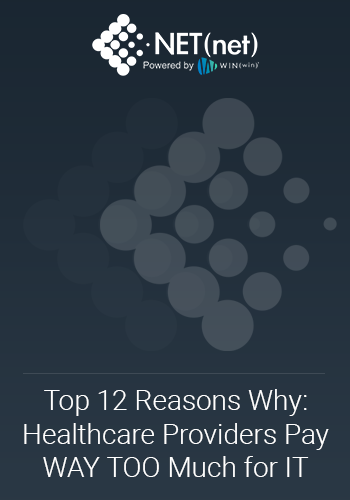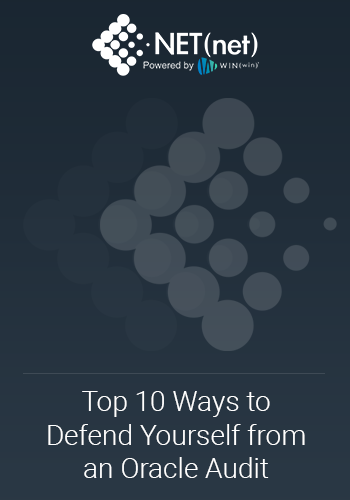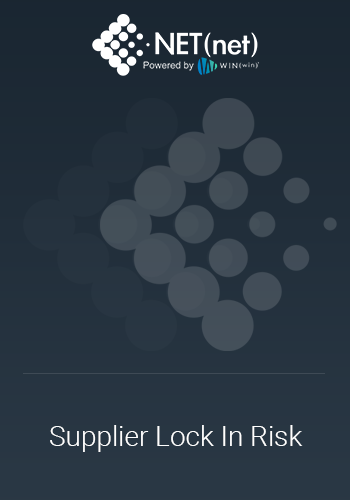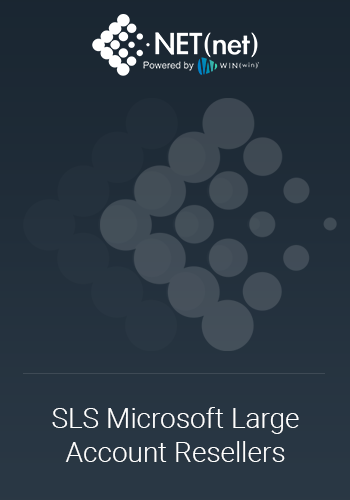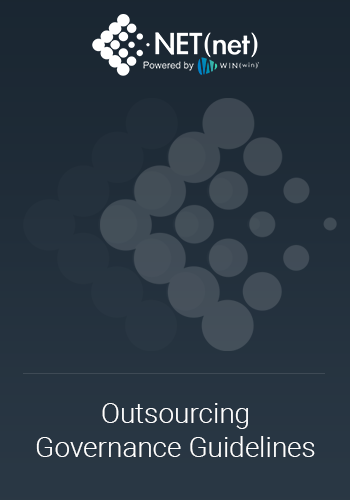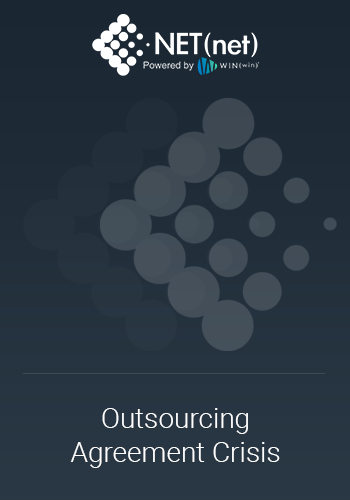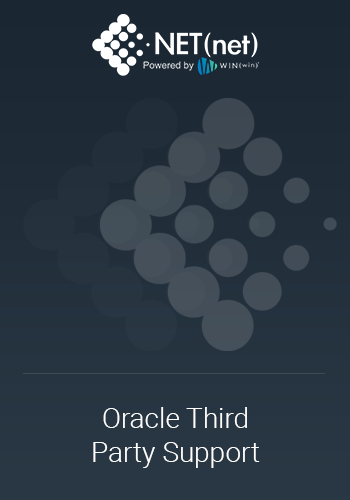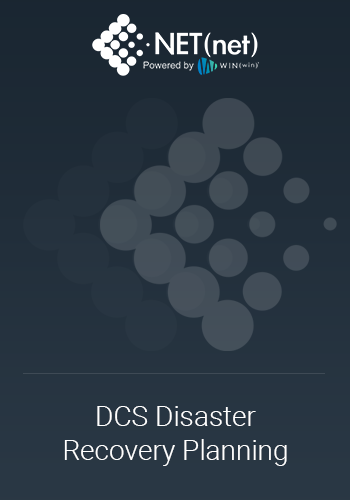In 2021, Veeva was named as our #1 Technology Supplier to Watch, and with good reason. In our view, Veeva had the ability to outflank Salesforce.com to make a vertical cloud for the global life-sciences industry; something that Salesforce and others failed to do. Marquee customers include AstraZeneca, Bayer, Bristol-Myers Squibb, GlaxoSmithKline, Merk, Nestle, and Sanofi. With this vertical industry focus, Veeva has enjoyed considerable success, and with its premium-priced platform, its success has come at the expense of its customers.
Now, with over 50% market share in the life sciences customer relationship management (CRM) market, Veeva has shifted from a disruptive supplier that sells a great story (mysticism), to an increasingly controlling supplier, driven by tyrannical revenue-increasing policies including ‘selling the same solutions under different names with different metrics at exorbitant fees’ (according to one customer).
This behavior is curious given that on February 1, 2021, Veeva became a Public Benefit Corporation (PBC) and is therefore contractually obligated to include its customers in its mandates of protection (not just its shareholders). This made Veeva the first publicly-traded company to convert to a PBC and while good companies always look out for their customers and employees (in addition to their shareholders), it remains to be seen if this charter helps them attract better employees and customers or puts them at odds with customers who demand better economic treatment (more on that below).
It is also unclear how operating as a PBC has actually affected Veeva, as they continue to maintain incredibly high profit margins (presumably at the expense of their customers whom they are now obligated to protect), and their financial results are expected to be in line with earnings growth projections of around 25%, likely vaulting their already market-leading revenue and profit performance per employee. In a 2020 study we conducted of the Top 20 Technology Suppliers in the industry, Veeva ranked #2 in revenue production per employee, and #1 in EBITA production per employee. Even with this as the basis, it seems they continue to outperform.
Over the last 5 months, Veeva’s stock has gone down from $341 (Aug 5, 2021) to $218 (Jan 18, 2022) [[a 36% decline]], and is currently trading at about a 2-year low. With no notable improvements in the return on capital employed, and a lack of expansion of that base of employed capital, investors have hit the breaks as this does not indicate a business that is investing an increasing amount of profit back into the business. This recent stock slide has made Veeva a bit touchy with investors, so although they claim to not be concerned about short-term results, you can be sure they want to show some good results this FYE. Having said that, they continue to beat earnings estimates and show extremely good financial performance in almost every conceivable metric.
We encourage all Veeva customers to closely inspect the value they are receiving from their products and services, because a business that is running at a 72% gross profit margin, could only be giving $0.28 of direct value for every $1.00 they charge their customers; which is certainly not what a so-called protected constituent would expect from their PBC partner now, is it? Even on a net basis, Veeva is expected to pocket $380M on $1.465B this year (26%), so this certainly highlights some economic opportunity to revisit your commercial arrangement, your contractual agreement, and your supplier relationship.
There is no question that public information suggests that the users of Veeva seem to love it. Veeva scores extremely high customer reference rankings, and has no shortage of customer testimonials, case studies, and videos. Certain customers seem eager to spread the word. It should be noted that early customers of Veeva were also investors, so that could play a role in the public image of the company. It is also not uncommon for good reviews to be ‘bought’, and for clients to make forward-looking statements about their optimistic plans pre-deployment, before the implementation, integration, and full use challenges mount. In our direct experiences, Veeva customers seem to be quite disenfranchised, disillusioned, and dismayed.
Veeva Pricing
In addition to a conventional user-based pricing model, Veeva also provides an enterprise license pricing methodology that is a single, annual subscription charge for the utilization of its application(s) and is governed by an enterprise metric (such as employees). And while this model ensures pricing is linked to an incremental unit of value, there are multiple metrics and options making it somewhat difficult for customers to manage how costs can closely and accurately correlate to value.
In our experiences, Veeva has often sold the concept of the all-in enterprise license along with the promise of their vertically integrated industry solution set at the C-level, and once there is executive buy-in, Veeva becomes increasingly rigid and unwilling to modify its approach to fit the more practical needs of the organization, resulting in sometimes alarming discrepancies between the commercial arrangement and the organizational value achieved as the usage and consumption of the technology can become significantly misaligned to its cost.
Veeva Performance Management
As clients seek to manage supplier performance and remedy these inequities in their subsequent renewals, they are often surprised when they are met with confrontational account management tactics that have frequently led to escalations to executive management, whose sponsorship is generally required to get Veeva to agree to any non-standard concessions. With executive sponsorship and a clear commitment to displacement, Veeva has been somewhat receptive to evidence-based business use case arguments that are designed to illustrate how the customer can get a reasonable amount of value from the product suite, and in cases where this can be reconciled, have modified arrangements to resolve customer (dis)satisfaction issues; but this remains an arduous path, riddled with intentionally erected obstacles.
Veeva Terms and Conditions
- Another recurring challenge has been the opaque product catalog of Veeva, where customers often believe they have acquired the tools they need – only to find out that they will need to make additional investments. In addition to getting the right kind of deal where you are assured you’ll have the tools you will need, it’s also very important to use the appropriate language in your agreement to describe the functionality that you are acquiring, so that you aren't forced to rebuy technology you believe you've already paid for if it is simply repackaged in a different way, and/or sold under a different name.
- Your operational plan of consumption is something that should be evaluated frequently, and assessments should be performed to ensure you are getting the value intended – and if not, you should have the proper levers in your agreement that enable you to modify the costs to be reflective of the actual results. There are little-known instruments to achieve this that we see in less than 1% of all agreements.
- In addition to these and other terms, it is extremely important to get locks on current prices (and for renewals), price holds on future purchases (of not just additional quantities of purchased products, but for all quantities of all titles), clear examples of how costs scale up with increases in enterprise metrics, but also how they can scale down if those same metrics decline, and literally dozens of other economic and strategic provisions.
- Because this is a cloud deal, clients are strongly advised to also carefully consider high availability provisions, business continuity commitments, data ownership, safety and security issues, as well as supplier performance and viability considerations.
- As this is also a SaaS deal, be sure to have a good understanding of your support options and methods, including how issues are tracked, categorized, escalated, resolved, and communicated. Some clients have reported that after the initial ‘honeymoon’ phase, Veeva’s support has declined dramatically. We recommend having certain ‘super-users’ authorized to contact level 3 (senior developer) support resources directly without having to wade through level 1 and 2 support when situations warrant.
- Be sure also to know how you will get access to your data, what requirements Veeva will have to provide your information (and in what format(s)), and the extent to which any additional costs would be incurred (if any) should your agreement terminate.
- Finally, be sure to understand all additional consumption costs for items that exceed contractual limits for storage capacity, data transfer amounts, number of objects and integrations, etc. There is an exhaustive gotcha list here as well.
With the January fiscal year looming, and Veeva’s confluence of considerations, not limited to, but including its designation as a PBC, its recent stock performance, its continuing growth objectives, and its account and contract management policies, this is a great time to refactor the possibilities of your Veeva agreement and realign it to your post-covid realities.
Taking on the Global Life Sciences leader of industry-cloud solutions can leave you feeling a bit overwhelmed and lost at sea, but we are sure we can help you navigate these troubled waters to get you to where you need to be.
Contact us to see how we can help you save 32-60% on your SaaS investments.
About NET(net)
Founded in 2002, NET(net) is the world’s leading IT Investment Optimization firm, helping clients find, get and keep more economic and strategic value. With over 2,500 clients around the world in nearly all industries and geographies, and with the experience of over 25,000 field engagements with over 250 technology suppliers in XaaS, Cloud, Hardware, Software, Services, Healthcare, Outsourcing, Infrastructure, Telecommunications, and other areas of IT spend, resulting in incremental client captured value in excess of $250 billion since 2002. NET(net) has the expertise you need, the experience you want, and the performance you demand. Contact us today at info@netnetweb.com, visit us online at www.netnetweb.com, or call us at +1-866-2-NET-net to see if we can help you capture more value in your IT investments, agreements, and relationships.
NET(net)’s Website/Blogs/Articles and other content is subject to NET(net)’s legal terms offered for general information purposes only, and while NET(net) may offer views and opinions regarding the subject matter, such views and opinions are not intended to malign or disparage any other company or other individual or group.

